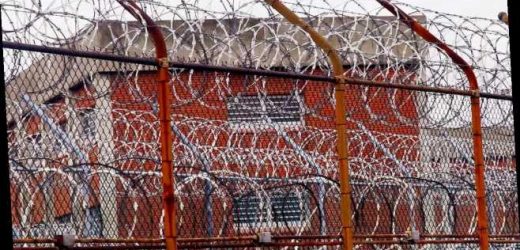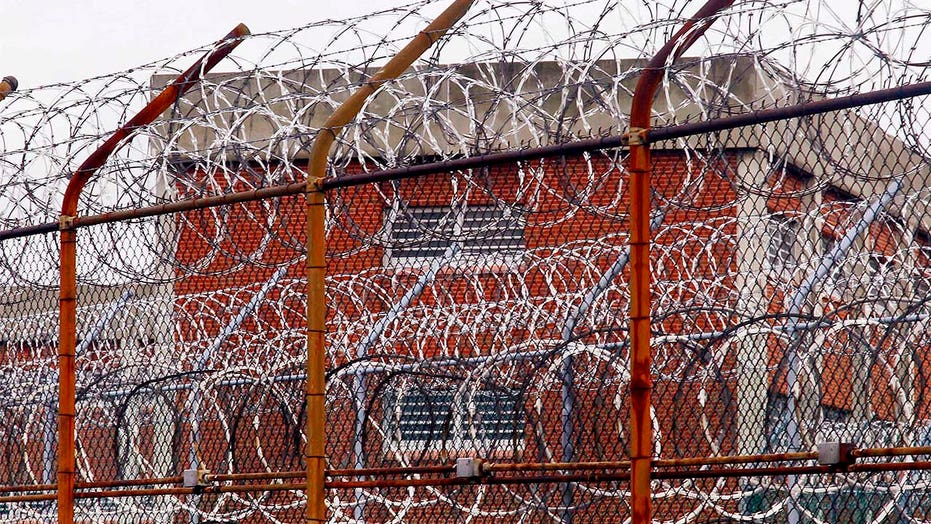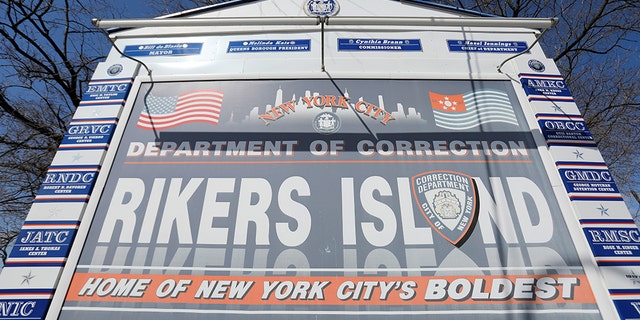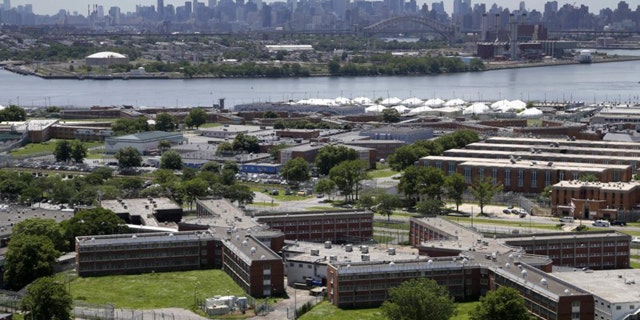Fox News Flash top headlines for April 1
Fox News Flash top headlines are here. Check out what’s clicking on Foxnews.com.
Corrections union officials in New York are criticizing Gov. Andrew Cuomo’s decision to sign into law a bill that imposes limits on when and for how long an inmate can be held in solitary confinement, saying it puts their officers – and other inmates – in greater danger, Fox News has learned.
The Empire State’s Democratic governor’s office announced Thursday the signing of the HALT Solitary Confinement Act. The new law restricts the amount of time an inmate can spend in “segregated confinement” to 15 days, reduces the number of infractions that lead to segregated confinement, and “exempts certain vulnerable populations, including the young, elderly, pregnant women, people with disabilities, and individuals with a serious mental illness,” according to a press release from Cuomo’s office.
It also creates new Residential Rehabilitation Units to provide inmates with “therapeutic and trauma-informed programming in a congregate setting” that will be more rehabilitative and “will better address an individual’s underlying criminogenic needs,” the release states. It will take effect in a year.
“Generations of incarcerated men and women have been subjected to inhumane punishment in segregated confinement with little to no human interaction for extended periods of time and many experience emotional and physical trauma that can last for years,” Cuomo said in a prepared statement. “By signing the HALT Solitary Confinement Act into law we are reforming New York’s criminal justice system by helping ensure the effective implementation of proven, humane corrections policies.
Just hours earlier, Chelsea Clinton, daughter of former Democratic President Bill Clinton and failed presidential candidate Hillary Clinton, had urged Cuomo to sign the bill and to “end this torture as a matter of racial justice & basic human rights.”
The act also garnered support from dozens of faith groups, justice reform groups, mental health advocates, civil rights groups, the New York State Association of Criminal Defense Lawyers and public defender groups.
Groups in favor of the bill often cited the United Nations’ Mandela Rules, which classify solitary confinement lasting more than 15 consecutive days as “a form of torture.”
But Brian Sullivan, president of the Nassau County Correction Officers Benevolent Association, told Fox News on Thursday lawmakers and advocacy groups have created an unrealistic image of solitary confinement in New York State.
“They’re putting out this image that New York State still has solitary confinement like it’s The Shawshank Redemption or Alcatraz, where they throw people in a hole – there’s no light. You don’t know what time of day it is,” he said, describing what he called a false perception. “It’s a complete falsehood. It doesn’t exist in New York State. That hasn’t existed in decades, if not longer.”
New York State detention facilities, he said, follow a practice called “administrative segregation.”
The U.S. Justice Department’s National Institute of Justice defines “administrative segregation” as a practice “used to separate those deemed to pose a significant threat to institutional security from the general population.”
“Inmates are often classified to administrative segregation or transferred to these units and facilities based on patterns of disruptive behavior, security threat group identifications, or designation as high-risk inmates,” the NIJ states.
Signage is seen outside of Rikers Island, a prison facility, where multiple cases of the coronavirus disease (COVID-19) have been confirmed in Queens, New York City, U.S., March 22, 2020. (REUTERS/Andrew Kelly)
Sullivan said facilities have to be able to separate people – and sometimes do so at their own request for protection from other inmates.
He also argued that the law will not only leave correction officers, but also other inmates, more at risk.
“I don’t know how any advocate can say that they’re advocating on behalf of inmates’ rights or that the system is oppressive or doing something to them when you’re putting the general population at risk of the most dangerous predators in our facilities,” Sullivan continued. He later added: “My job is care, custody and control of inmates. You just made my job a thousand times harder because you gave you took the tools away from me and gave it to the inmates.”
Benny Boscio, president of the city’s Correction Officers’ Benevolent Association, said the HALT Act will likely mean an uptick in attacks on correction officers.
Speaking to the New York Daily News, Boscio said, “There is nothing humane about subjecting our brave men and women to brutal assaults that send them to the hospital every week to be treated for broken noses, broken eye sockets, and gashes across their limbs that often require many stitches.”
FILE – In a June 20, 2014, file photo, the Rikers Island jail complex stands in New York with the Manhattan skyline in the background. The nation’s jails and prisons are on high alert about the prospect of the new coronavirus spreading through their vast inmate populations. (AP Photo/Seth Wenig, File)
Attacks on New York City corrections officers are up 23% year over year as of Thursday, a COBA spokesperson told Fox News.
In Nassau County, there were 26 physical or bodily flued-related attacks on corrections officers over the course of last year, Sullivan said. He added there have been 12 attacks so far this year.
CLICK HERE TO GET THE FOX NEWS APP
New York State Department of Corrections and Community Supervision data obtained by Fox News shows there were 1,047 “inmate-on-staff assaults” in 2020, compared to the 1,035 attacks in 2019, the 973 in 2018 and the 801 in 2017.
Michael Powers, president of the New York State Correctional Officer Police Benevolent Association, represents the nearly 19,000 active-duty correction officers and the 10,000 retired members from 49 correctional facilities throughout the state.
“The sponsors for this legislation propose that this bill will reduce violence, when in actuality, it emboldens these inmates because they know there’s no real true consequence for their actions,” he told Fox News. “And we’re seeing it consistently.”
Source: Read Full Article





